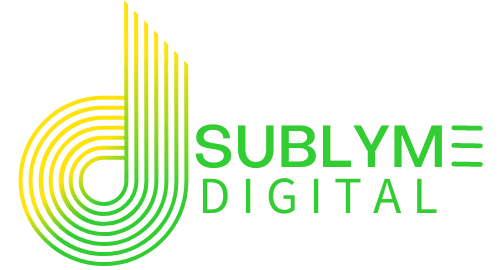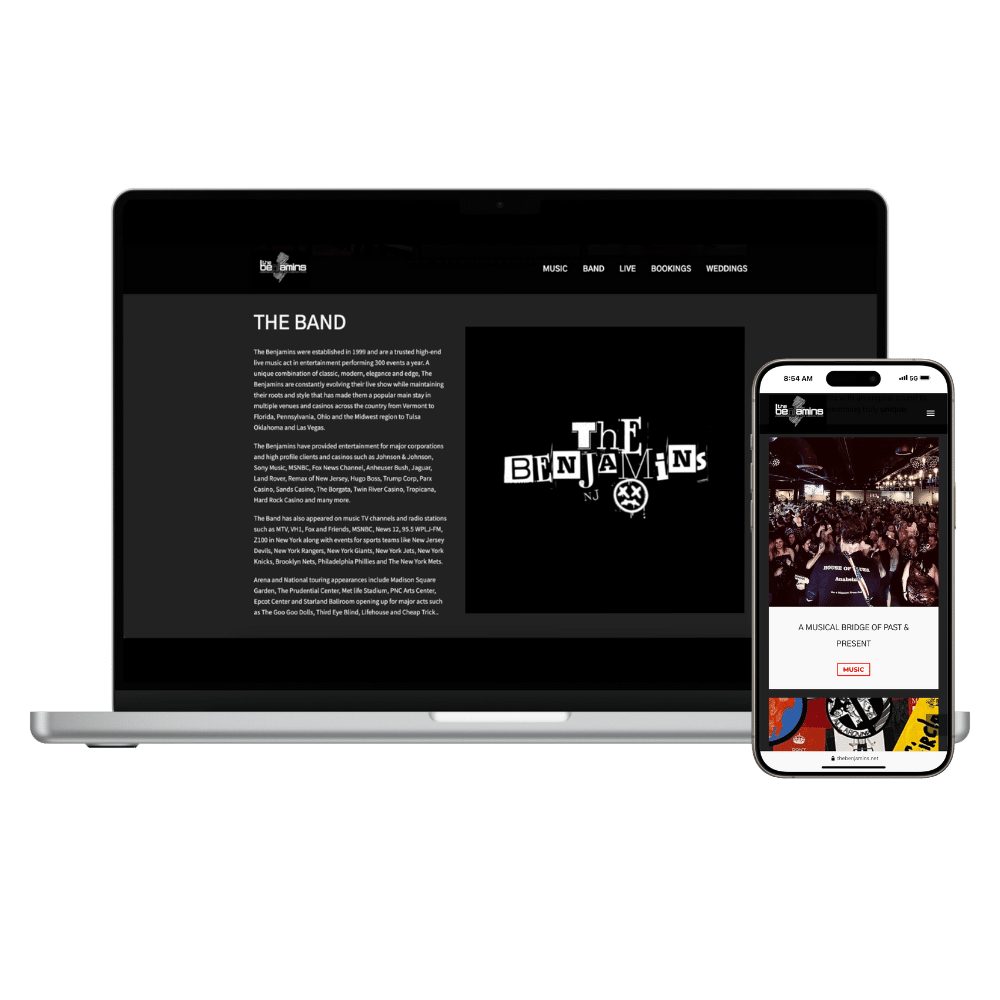The Future of AI-Supported Website Content—How Responsible Use Will Win Google’s Favor
Will Google Embrace AI Content? How Responsible AI Use Can Boost Your Rankings
Key Takeaways
- Google’s approach to AI-generated content is evolving—quality and user value now outweigh how content is created.
- Low-quality, unedited AI content is still penalized by search algorithms.
- Responsible, valuable AI-supported content—created with human expertise—will become a ranking advantage.
- Human oversight, creativity, and subject matter expertise are essential for successful AI content.
- The demand for skilled digital marketers who can leverage AI responsibly is set to surge as automation tools grow.
Introduction

Google’s Evolving Perspective on AI Content
A Brief History of Google’s AI Content Guidelines
Recent Updates and Statements from Google
“Using AI doesn’t give content any special gains or losses. It’s about the quality of the content, not how it’s produced.”
“We’re not against AI-generated content, but we expect publishers to ensure accuracy, originality, and value.”
Why Google’s Dominance Is Being Challenged by AI Advancements
The Risks of Poorly Created AI Content
Thin, Spammy, or Irrelevant AI Content: What’s at Stake?
- Thin content: Superficial articles lacking actionable insights or depth.
- Spammy output: Keyword-stuffed, repetitive, or off-topic text designed to manipulate rankings.
- Irrelevant material: Content that fails to address user intent or answer real questions.
How Google’s Algorithms Detect and Penalize Bad AI Content
- Duplicate content: AI tools often produce near-identical articles across sites.
- Low engagement metrics: High bounce rates and low time-on-page signal poor user experience.
- Unnatural optimization: Overuse of keywords, awkward phrasing, and manipulative tactics.
Case Study: The Cost of Cutting Corners
The Bottom Line
Losing rankings and organic traffic can quickly damage your brand’s reputation and lead to manual penalties that are tough and time-consuming to fix.

The Rise of Responsible AI Content Creation
What “Responsible” Really Means
Responsible AI content creation isn’t about replacing humans—it’s about empowering them. The best results come from combining AI with human expertise, editorial review, and ethical standards.
Key Elements of Responsible AI Content:
- Human Oversight: AI-generated content is reviewed, edited, and enhanced by an expert.
- Editorial Review: Content is fact-checked, optimized for clarity, and aligned with brand voice.
- Fact-Checking: All claims and statistics are verified for accuracy.
- Ethical Use: No plagiarism, misinformation, or manipulative tactics.
How AI Can Enhance Creativity and Efficiency
- Research: Summarizing studies, surfacing trends, and suggesting new topics.
- Drafting: Generating outlines or first drafts to accelerate content workflows.
- Optimization: Rewriting for tone, length, or readability based on the target audience.
But the final product must always be human-approved.
Blending AI Tools with Expert Strategy
- Topic Ideation: AI can suggest trending topics, but humans must decide what fits best.
- Content Structure: AI drafts the skeleton; experts add depth, examples, and advice.
- Continuous Improvement: Marketers use analytics to refine AI outputs

Future-Proofing Your Content Strategy
E-E-A-T: The New Standard for AI-Assisted Content
- Experience: Google wants to see evidence that the content creator has real-world knowledge or firsthand involvement in the topic. AI can help assemble information, but only a human can inject personal insight, case studies, and lived examples that make content credible.
- Expertise: Demonstrating subject matter expertise is essential. AI can draft and structure content, but it’s up to human editors to ensure technical accuracy, cite reliable sources, and add nuanced commentary that showcases true expertise.
- Authoritativeness: Building authority takes time and consistency. Brands that combine AI efficiency with human-led thought leadership—such as original research, expert interviews, and unique perspectives—will be favored by Google.
- Trustworthiness: Clear sourcing, transparent authorship, and an honest, ethical approach are non-negotiable. Human oversight is vital to verify facts, check for bias, and ensure the content aligns with both user expectations and Google’s standards.
The Impact of Google’s Helpful Content Update
- Originality over Volume: Google is now better equipped to identify “cookie-cutter” AI content and prioritize pages that offer fresh perspectives and unique value.
- User-Centric Signals: Metrics like time on site, engagement, and user feedback are increasingly important. Content that answers real questions, solves problems, or delivers a memorable experience will rise to the top.
- Continuous Learning: Google’s AI is constantly evolving, learning to spot the difference between well-edited, valuable AI-assisted content and thin, unreviewed copy.
Tips for Using AI as a Support Tool, Not a Replacement
- Always Review and Edit: Treat AI as your assistant, not your replacement. Every draft should be carefully reviewed by a subject matter expert who can spot inaccuracies, add insights, and ensure the content aligns with your brand’s standards.
- Prioritize Value and User Intent: Start with your audience’s needs. What questions are they asking? What problems do they need solved? Use AI to gather data and generate ideas, but let human empathy and understanding guide the final output.
- Maintain a Consistent Brand Voice: AI can help you scale, but only humans can infuse content with your unique tone, style, and personality. Develop clear brand guidelines and make sure every post—AI-assisted or not—reflects your brand’s values and voice.
- Leverage Analytics for Continuous Improvement: Use tools like Google Analytics, Search Console, and heatmaps to track how users interact with your content. Identify what resonates and what doesn’t, then use those insights to refine both your AI prompts and your editorial process.
- Stay Ahead of Google’s Evolving Guidelines: The rules are changing fast. Subscribe to SEO news, participate in industry forums, and invest in ongoing training for your team. The more proactive you are, the better you’ll adapt to updates and maintain your rankings.
The Growing Demand for AI-Savvy Marketers
- AI Prompt Engineering: Mastering the art of crafting detailed, effective prompts to generate high-quality AI output tailored to your goals.
- Content Auditing for Quality and Compliance: Developing processes to regularly review, edit, and update AI-generated content to ensure it meets E-E-A-T and Helpful Content standards.
- Strategic Oversight and Campaign Management: Integrating AI tools into broader marketing strategies, ensuring consistency, compliance, and measurable ROI.
- Human-AI Collaboration: Building workflows that maximize the strengths of both AI and human talent—using automation for speed and scale, and human expertise for depth and trust.
Conclusion
Speed Optimization Frequently Asked Questions (FAQ)
A: Not if you use AI responsibly. Google’s main concern is quality and value for users. AI-assisted content that is original, accurate, and reviewed by humans can rank well. Low-quality, unedited, or spammy AI content will still be penalized.
A: Always combine AI tools with human expertise. Review, edit, and fact-check every piece before publishing. Focus on user intent, E-E-A-T (Experience, Expertise, Authoritativeness, Trustworthiness), and provide unique value that can’t be found elsewhere.
A: Some top choices include OpenAI’s GPT-4, Jasper, Copy.ai, and Surfer SEO for optimization. The most effective strategies blend these tools with a skilled editorial team for oversight and quality control.
A: Absolutely! AI can assist with product descriptions, social media content, email marketing, FAQs, and more—just ensure all content is reviewed and aligned with your brand’s voice and goals.
A: Yes, when you use AI to handle research, drafts, and repetitive tasks, and then apply human editing and strategic oversight. This approach lets you publish more, faster, while maintaining the high standards Google rewards.
Let's Build Something Sublyme











